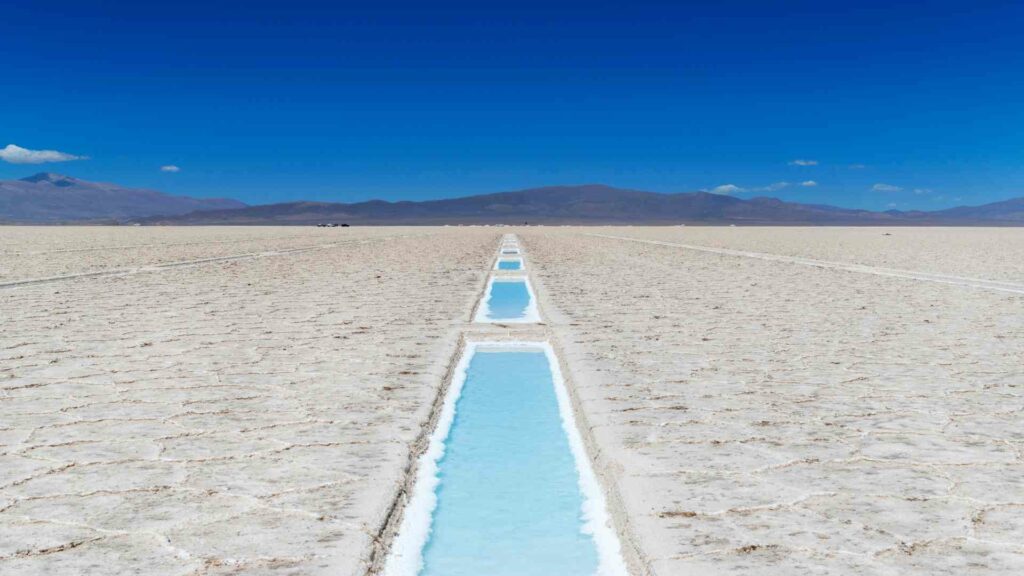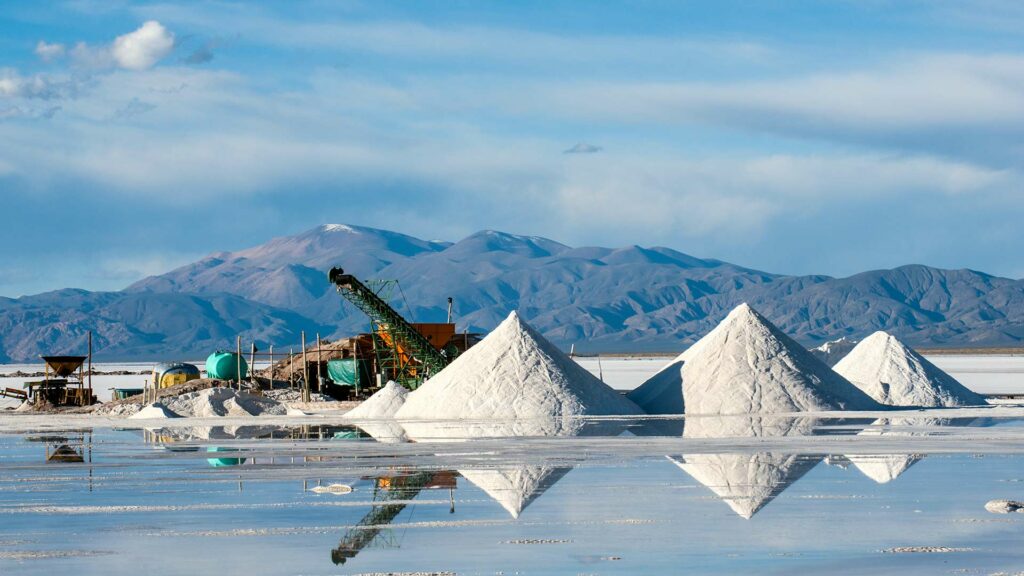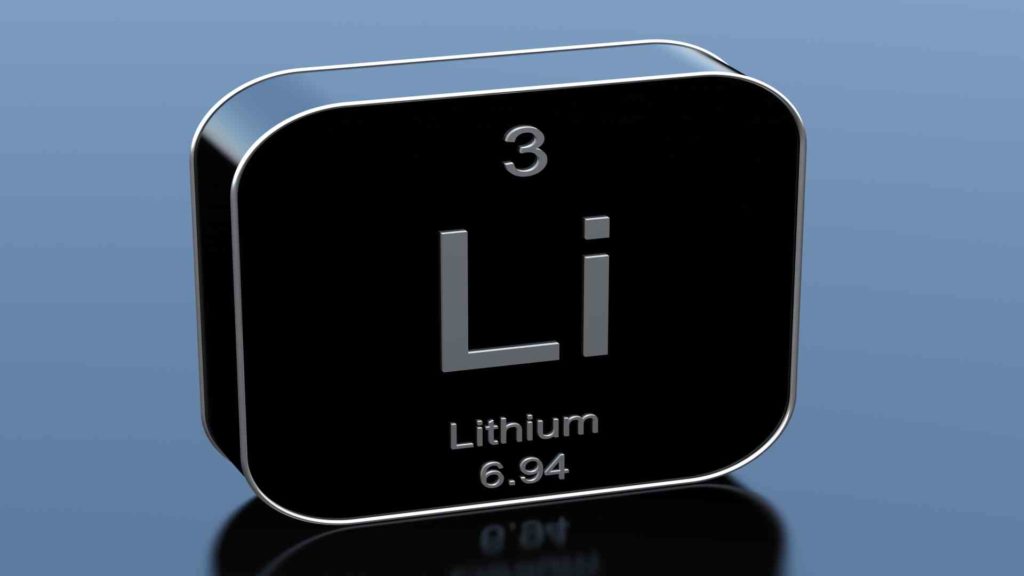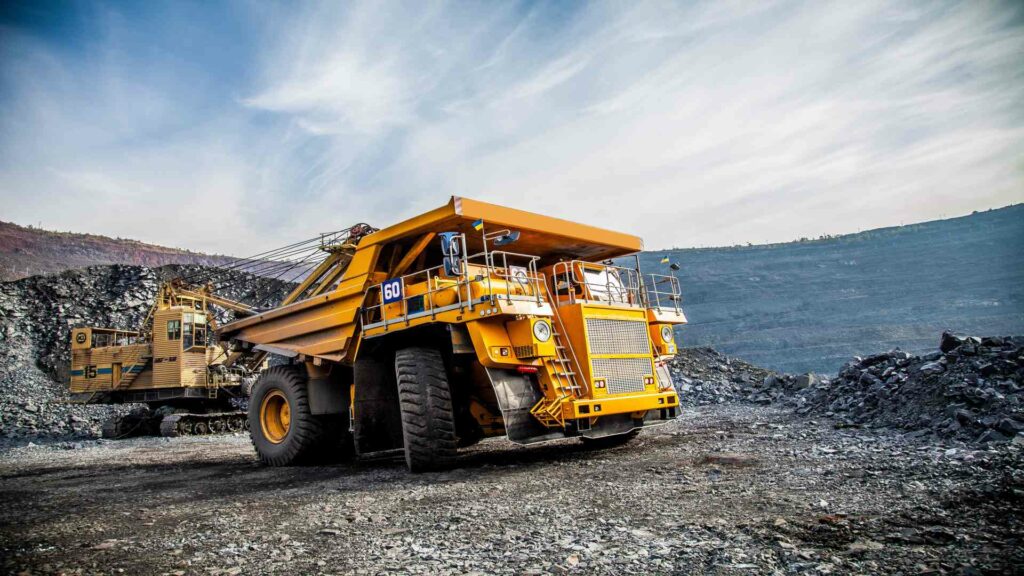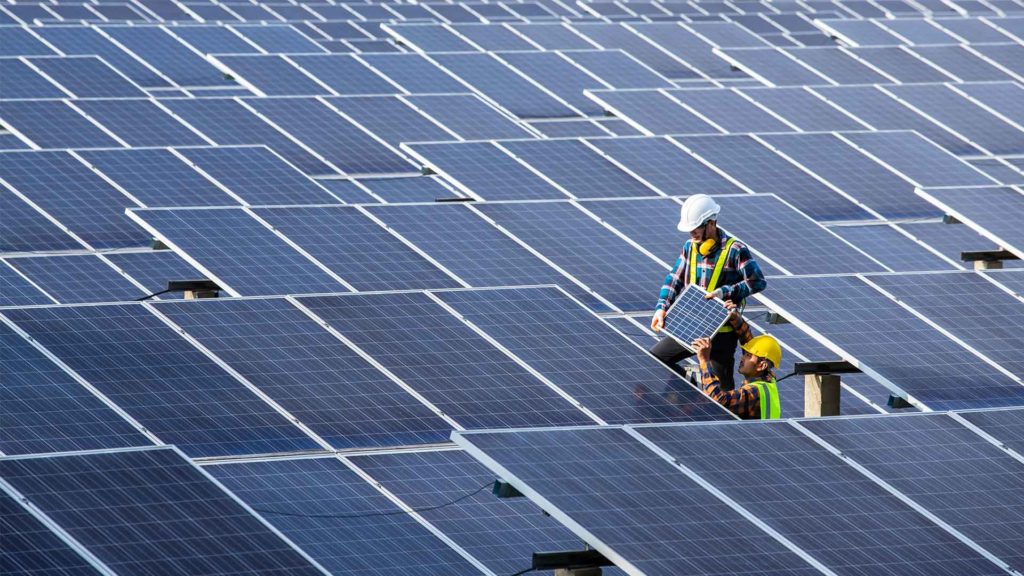Rio Tinto’s Serbia Lithium Exploration Licences Revoked
The Serbian government has finally revoked Rio Tinto’s licenses for lithium exploration in Serbia in the latter part of January 2022. The government gave in to the protesters who have been opposed to the Anglo-Australian mining company’s project on environmental grounds. Last year, the company committed to the project as global miners push for metals necessary to transition to green energy. This includes lithium which is used in the production of electric vehicle batteries. The project was already suspended in December 2021 due to environmental deterioration and forced displacement concerns.

Protesters in Serbia Against Rio Tinto’s Lithium Mine
The Jadar Valley Project
Jadar is named after jadarite, a lithium sodium bi-borosilicate mineral discovered by Rio Tinto in Serbia’s Loznica region in 2004. The Jadar project in Serbia was intended to be one of the most significant greenfield lithium projects. Jadar was meant to produce lithium carbonate (battery-grade), a crucial mineral for large-scale electric cars and renewable energy storage. It was also designed to make borates essential for developing and operating renewable energy equipment such as solar panels or wind turbines. The project received $2.4B in the capital.
The project would have created employment for approximately 2000 people during construction and 1000 long-term positions in which 90% of the jobs would have been Serbian. It was expected that the mine would produce enough lithium to power 1,000,000 electric cars. The mine would have produced 58,000 tonnes per year of lithium carbonate, becoming the largest lithium mine in Europe.

Rio Tinto Lithium Jadar Valley
Concerns With the Jadar Valley Project
Jadar, Serbia’s most significant foreign investment, was initially backed by the government to attract more investment and increase economic growth. Despite its many benefits, the Jadar Valley project was not without problems and controversy. Environmental groups in Serbia, already profoundly concerned by industrial pollution, strongly objected that the new mine would pollute the land and water.
The environmental impacts of lithium mining would have been significant. It was expected to produce approximately 1.3 liters per kilo of liquid and industrial waste each year, a total of 57m tonnes of rock material and industrial waste. Their water supply system was already at risk from leaks due to the lithium mine. Because lithium mining is known for its high water consumption, it would have reduced Serbia’s underground water resources. Lithium can also be toxic and poisonous. It would have been dangerous to humans and animals if consumed.
Serbia has several internationally recognized important bird and biodiversity areas for conserving bird populations. These areas were also at risk. The company requested 12 environmental studies. Only one of the 12 ecological studies requested by the company was made public.
The University of Belgrade’s biology faculty concluded that attempts to reduce the impacts on more than 140 species of endangered species, such as wolves, beavers and bats, salamanders and pond turtles, fish, fauna, and flora, would not succeed. Due to irreversible changes in specific ecosystems, there are significant risks for Drina and Jadar’s living world. Abandoning the planned exploitation jadarite is the best and most effective way to prevent the region’s adverse effects on the current state biodiversity.
Another concern was forced displacement. The mine required the voluntary relocation of 81 families and 293 landowners of fields. A brochure was distributed to the affected people. It stated that expropriation would only be considered an option if the land and homes were not sold.
Ratko, a professor of forestry, has lobbied against the Jadar mine, along with other members of Serbia’s Academy of Sciences and Arts. He stated that the Jadar Project could bring Serbia benefits of €7m to €30m annually. The potential income from advanced agricultural activity in the same area would exceed €80m per annum without relocation or pollution.
The Protest and the Suspension
After submitting its Environmental Impact Assessment (EIA), Rio Tinto was still waiting to be granted permission by the Serbian ministry. But last year, thousands of protestors blocked roads to protest at the government’s backing. They demanded Rio Tinto be expelled from the country and forced the local municipality not to approve a plan to allocate the land.
A Belgrade-based environmental group called “Uprising for Survival–People versus Rio Tinto” started an eco-protest to force the government of Serbia back to fulfill all its commitments with Rio Tinto. They argued that Serbia has enough intelligence to protect its land and water from the harmful effects of mining practices related to lithium extract.
The government suspended the project in December 2021. Rio delayed key approvals and pushed Jadar’s production timeline from a one-year delay to 2027. Rio Tinto stated that it was “extremely worried” about Serbia’s decision and reviewed the legal basis.
The Revocation of the Jadar Valley Project
At the end of January 2022, Serbia was forced to revoke Rio Tinto’s licenses for lithium exploration. The Serbian prime minister, Ana Brnabic, stated that the government decided after several environmentalist groups to stop the Jadar lithium project, which would have cost Rio $2.4 billion.
Brnabic announced that all decisions related to the lithium project and all licenses had been canceled. “This is the end of project Jadar,” Brnabic claimed Rio Tinto had not provided enough information about the project to the communities. Rio stated that it had “always complied with” Serbian laws.
This decision is crucial as Serbia prepares for a general election in April. The populist ruling coalition in Serbia, led by the Serbian Progressive Party (SNS), initially supported lithium and copper mining. This drew a lot of flak, which helped erode the party’s comfortable majority in 2020.
Sasa Djogovic, Belgrade’s Institute for Market Research, stated that the ruling party is “losing popularity” and must comply with activists’ demands. Brnabic clarified earlier this month that the project would likely be halted until after the elections. A Rio Tinto shareholder said a compromise would probably be reached after the polls. This could allow for renegotiation or value-sharing. Analyst Ben Davis from Liberum stated that Serbia is historically not a mining country and that he doesn’t see anyone else trying to extract lithium from jadarite.

